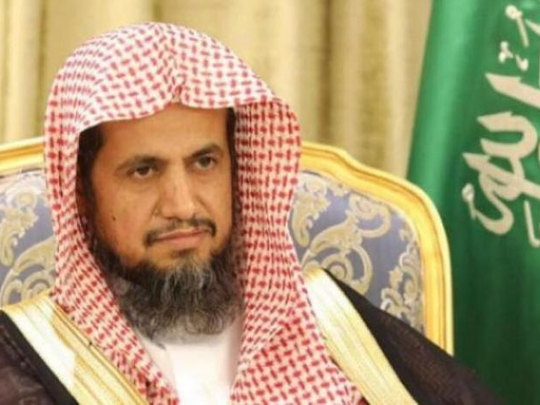
Manama: Saudi Arabia’s Attorney General said that 320 people had been summoned by the anti-corruption committee set up last month to oversee a massive drive to fight graft in the kingdom.
The number went up from the initial 208 announced on November 9 after details provided by the suspects led to more arrests, Shaikh Saud Al Mojeb said.
Most of those confronted with the corruption charges by the committee have agreed on a settlement and the subsequent procedures are being followed, he said in a statement published by the Saudi Press Agency.
The public prosecution went through the cases and decided to remand 159 individuals in custody while the others were released, Al Mojeb said.
The number of those who had their bank accounts frozen reached 376, including suspects and individuals with links to their cases, he added.
However, measures have been taken to ensure that businesses are not affected or interrupted and that institutions and companies wholly or partially owned by any of the detainees are protected, Al Mojeb said.
“Partners and executive management in those companies and institutions have been allowed to continue their activities and financial and administrative transactions.”
Two stages
Al Mojeb added that there were two stages in dealing with the detainees.
“The committee has followed internationally applied methods in dealing with such cases by negotiating with those arrested on corruption charges and by presenting a settlement agreement that would facilitate the recovery of state funds and shorten litigation proceedings. All detainees are free to communicate with whom they wish to contact at this stage,” he said.
The detainee is informed about the allegations and if he agrees to a settlement, he is released. However, if he rejects the allegations, the case is referred to the public prosecution for follow-up.
When a case reaches the prosecutor, the detainee is questioned and confronted with the evidence gathered during the investigation.
If the evidence supports the case, the detainee can be held for up to six months. The custody can be extended in special cases by a court order.
However, if the evidence is insufficient, the detainee is released.
The Attorney General added that the detainees had the rights to lawyers during both the investigation and trial and not to be physically harmed, tortured or humiliated in any way.










